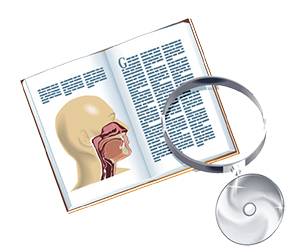 Background
Background
Tracheotomy is one of the most common procedures performed by otolaryngologists. The traditional method involves an open surgical technique (OST) performed in the operating room (OR). Since the mid-1980s, percutaneous dilational tracheotomies (PDT) have been performed by otolaryngologists and nonotolaryngologists with increasing frequency. An energized discussion in the literature has raised questions about the superiority of one technique versus the other in regard to the peri-operative and long-term post-operative complications. Several prospective studies and meta-analysis reviews have addressed this question and compared OST with PDT. This review will summarize some of this literature to address the question of which technique is superior with respect to associated complications. It should be noted that the important discussion of medical economics related to tracheotomy is beyond the scope of this brief review.
Explore This Issue
November 2013Best Practice
PDT appears to be a safe alternative to traditional open surgical tracheotomy. There is no body of literature favoring one over the other in terms of peri-operative complication rates. With respect to airway stenosis, there may be a higher incidence of asymptomatic tracheal stenosis with PDT, the clinical significance of which is not clear. Read the full article in The Laryngoscope.
Leave a Reply